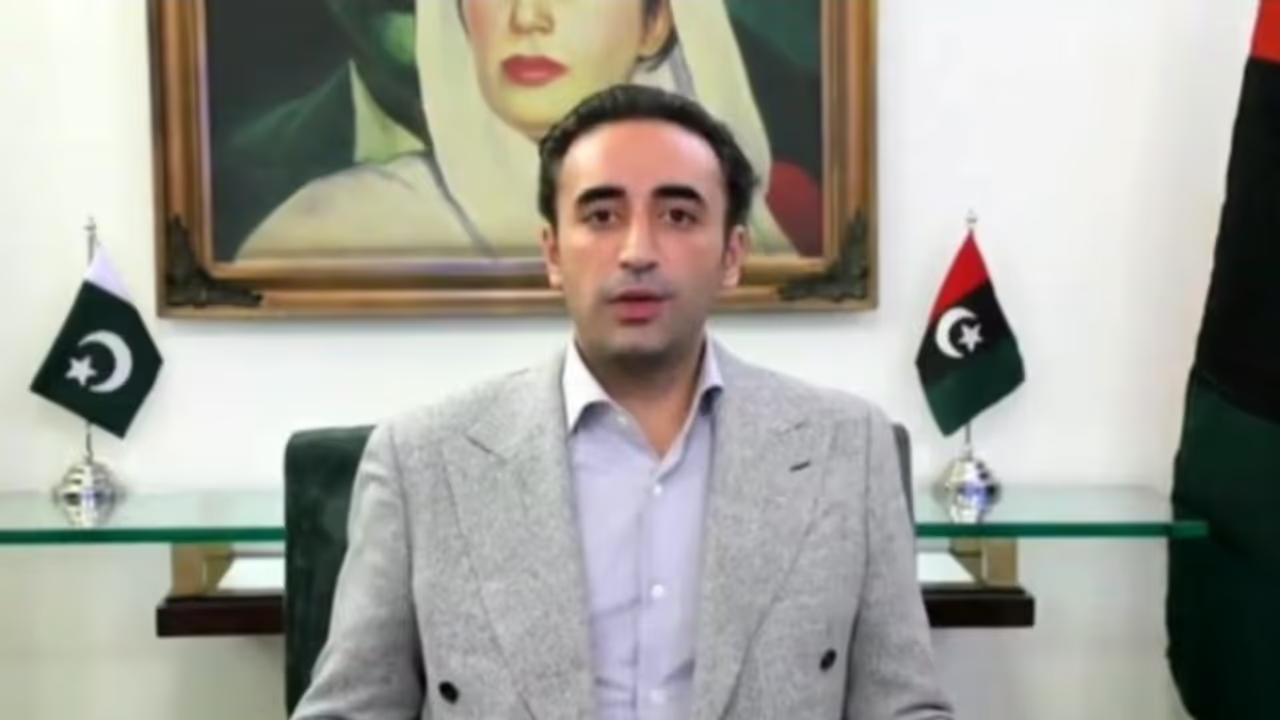Pakistan’s former Foreign Minister Bilawal Bhutto and Defence Minister Khawaja Asif have both admitted that Pakistan has a history of supporting terrorism, calling it a mistake that caused immense suffering. Their statements mark a turning point.
In a rare moment of truth-telling, Pakistan’s former foreign minister Bilawal Bhutto-Zardari has openly admitted what the world has long suspected: Pakistan has a history of sponsoring and supporting extremist groups. Speaking during an interview with Sky News, Bhutto said, “I don’t think that it’s a secret that Pakistan has a past as far as extremist groups are concerned.”

This comes just days after Pakistan’s Defence Minister Khawaja Asif made a similar admission on the same international news platform. These back-to-back statements mark a significant shift, as top leaders from within Pakistan’s own system are now acknowledging the country’s deep and troubled ties with terrorism — something it has long denied on global stages.
Asif had gone even further, saying, “We have been doing this dirty work for the United States for about three decades… and the West, including Britain. That was a mistake, and we suffered for that.” He admitted that Pakistan paid a heavy price for aligning with the United States during the Cold War and the post-9/11 war on terror.
Bilawal Bhutto, in his interview, backed Asif’s comments and pointed to Pakistan’s role during the Soviet invasion of Afghanistan in the 1980s. He said, “We did that in coordination and collaboration with Western powers.” Bhutto added that Pakistan has suffered deeply from the consequences of these actions, experiencing repeated waves of extremism and internal violence.
However, Bhutto also tried to shift the focus to the present, saying that Pakistan had learned from its mistakes. “As far as Pakistan’s history is concerned, it is history and it is not something that we are partaking in today,” he said. He claimed that the country has undertaken internal reforms and is working to distance itself from the past.
Despite these remarks, critics remain skeptical. Some believe these admissions are coming too late and appear to be aimed at gaining sympathy or resetting international relationships at a time when Pakistan is under economic and diplomatic pressure. Others say the truth is finally coming out simply because it can no longer be hidden.
India has long accused Pakistan of backing cross-border terrorism, especially in Jammu and Kashmir. These recent admissions may strengthen India’s position in international forums. Amit Malviya, head of the Bharatiya Janata Party’s IT cell, responded by posting a screenshot of the story and writing, “The fear is palpable.”
While Pakistan’s leaders say they have moved on, the world is listening closely. For decades, many countries have raised concerns about terrorism growing from Pakistani soil. Now, with its own ministers acknowledging these connections, Pakistan may be forced to answer hard questions—not just from other nations, but from its own citizens who have suffered due to this past.
The timing of these statements is also important, as they come after a major terror attack in Pahalgam, Jammu and Kashmir, which killed 26 people. Tensions between India and Pakistan remain high, and these public acknowledgments of past wrongdoing may play a role in future diplomatic conversations.


